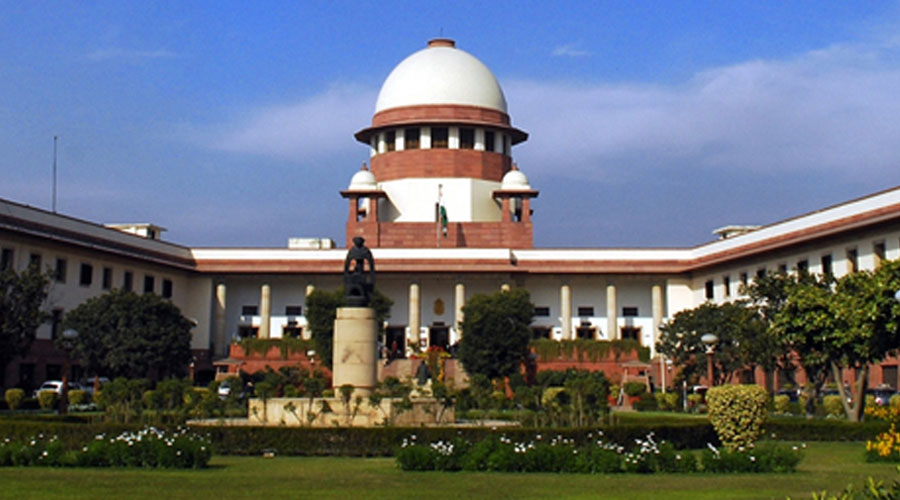An accused has an indefeasible fundamental right to bail if the investigating agency fails to file the chargesheet within the stipulated period, the Supreme Court has said.
Under CrPC Section 167, the investigating agency has to file the chargesheet against the accused within 90 days where the offence involves imprisonment ranging from 10 years to a life term. In case of charges that entail a punishment of less than 10 years in jail, the investigating agency has to file the chargesheet within 60 days.
“…So long as an application for grant of default bail is made on the expiry of the period of 90 days… before a chargesheet is filed, the right to default bail becomes complete,” a bench of Justices R.F. Nariman, Navin Sinha and K.M. Joseph said in a recent order.
The bench said that in cases of special Acts such as the UAPA, where the time limit for filing the chargesheet can be extended to 180 days, an accused is entitled to “default bail” if the probe agency fails to meet the deadline.
The bench allowed an appeal filed by Bikram Singh, a murder accused, challenging a Punjab and Haryana High Court ruling cancelling his bail.
“We must not forget that we are dealing with the personal liberty of an accused under a statute which imposes drastic punishments. The right to default bail, as has been correctly held by the judgments of this court, is not mere statutory rights under the first proviso to Section 167(2) of the Code, but is part of the procedure established by law under Article 21 of the Constitution of India, which is, therefore, a fundamental right granted to an accused person to be released on bail once the conditions of the first proviso to Section 167(2) are fulfilled,” the Supreme Court said.
“This being the case, we set aside the judgment of the high court. The appellant will now be entitled to be released on ‘default bail’ under Section 167(2) of the Code, as amended by Section 43-D of the UAPA.
Singh had been arrested in 2018 but the NIA failed to file the chargesheet within 90 days. The accused subsequently filed an application for grant of default bail on February 25, 2019, which was allowed by a special court. The high court had, however, set aside the order.












